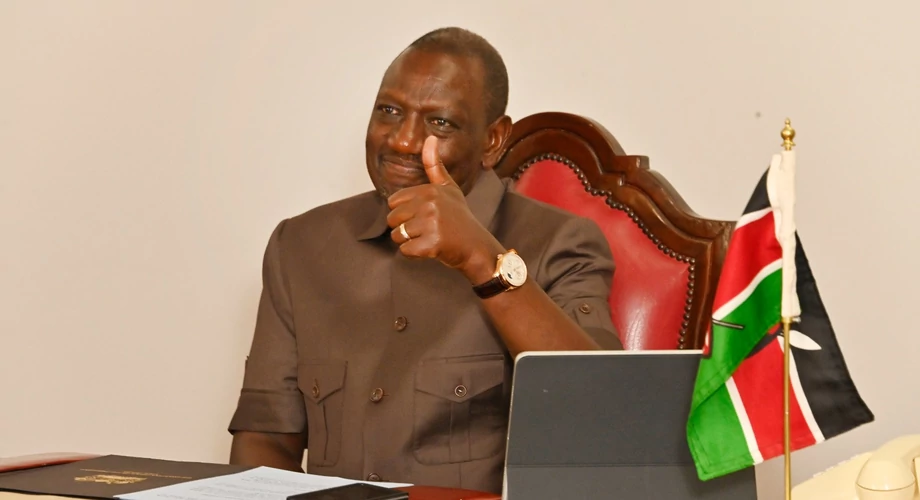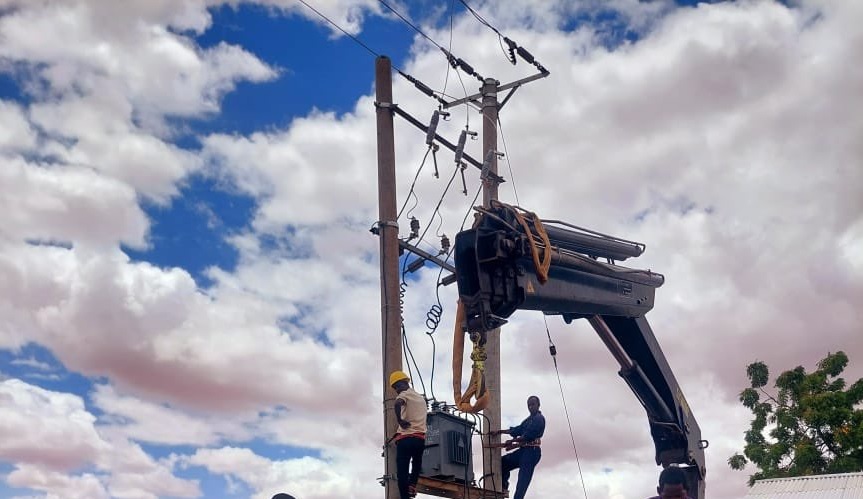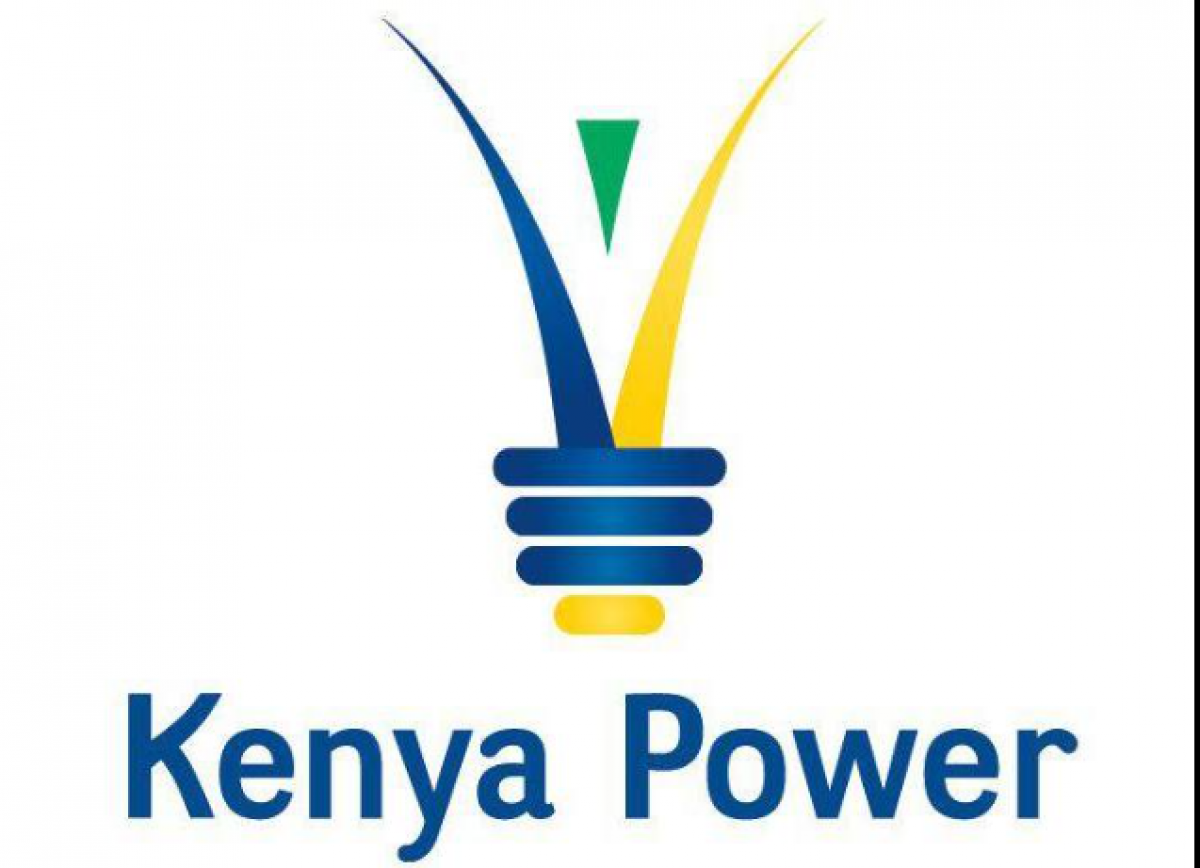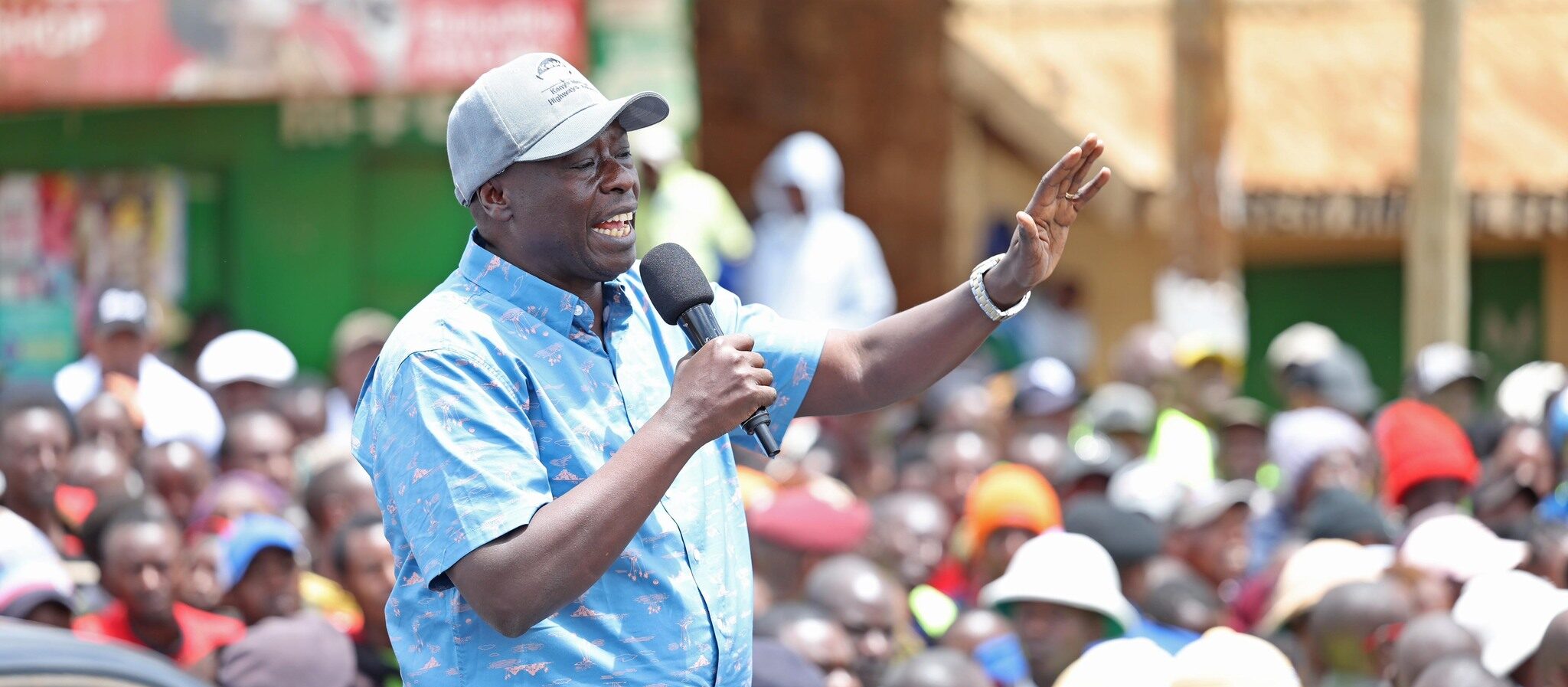A parliamentary committee in Kenya has recommended a review of the East African Community (EAC) Treaty to grant veto powers to the highest contributing partner states. The Committee on Regional Integration, in a report presented in the Kenyan Parliament, has suggested that partner states’ contributions should be based on their financial capacity, with those making larger contributions gaining veto powers. Additionally, the committee proposed that founding partner states of the EAC should consider covering the contributions owed by South Sudan and Burundi as a sign of solidarity.
The committee, chaired by Kipipiri MP Wanjiku Muhia, emphasized that these changes are necessary to address current financial shortages resulting from delayed partner state contributions and a decline in development partner support. These financial challenges have been impeding the performance of EAC institutions and hindering the implementation of crucial projects and programs designed to improve the lives of East Africans.
The East African Community (EAC) is a regional bloc composed of seven member states: Kenya, Uganda, Tanzania, Rwanda, Burundi, South Sudan, and the Democratic Republic of Congo. Currently, these member states have equal voting rights and often make decisions through consensus and a rotational policy, rather than by secret ballot.
According to Article 146 of the EAC Treaty, the summit may suspend a member state from participating in the community’s activities if that member state fails to adhere to the fundamental principles and objectives of the treaty, including failing to meet financial commitments within an 18-month period.




















